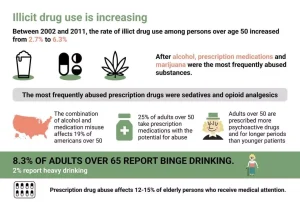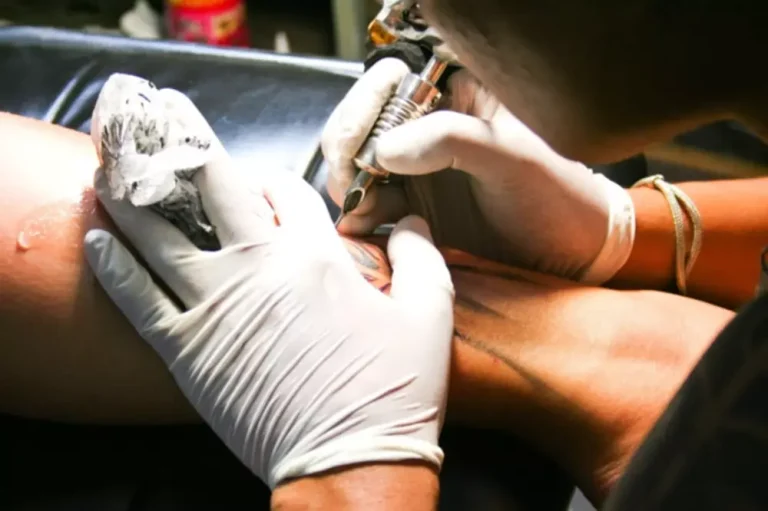
Regardless of the recovery program’s stance, the importance of a strong support system cannot be Drug rehabilitation overstated. Whether it’s a sponsor, therapist, or support group, having people to discuss these decisions with is crucial for maintaining long-term sobriety. Addiction specialists often take a nuanced view on the role of non-alcoholic beer in recovery. They recognize that recovery is a highly individual process, and what works for one person may not work for another. Some members strictly adhere to the official stance, while others may have more nuanced views. This diversity of opinion reflects the personal nature of recovery and the different experiences of AA members.

Can drinking non-alcoholic beer lead to relapse?
- During this process, most of the alcohol is removed, but tiny traces may still be left.
- For others, even the taste and ritual of drinking NA beers could pose a risk to their sobriety.
- This network doesn’t have to just include your family, it should be a wide range of people that understand what you are going through.
What might be a harmless alternative for one person could be a significant risk for another. For individuals pursuing an alcohol-free lifestyle, whether in recovery or by choice, non-alcoholic beer can have various psychological effects. A 2023 study published in BMC Medicine found that the presence of non-alcoholic alternatives in social settings can reduce overall alcohol consumption among all participants. This suggests that non-alcoholic beer may have a positive influence on drinking behaviors in group settings. Individuals can experience perceived intoxication from non-alcoholic drinks, especially when they believe they are consuming alcohol.
speak with a recovery advisor 24/7
Personalized treatment approaches focus on individual needs and long-term sobriety goals. Engaging in new activities and relying on support groups can help avoid alcohol during recovery. Non-alcoholic how to avoid drinking again after sobriety beer benefits those in recovery by providing social inclusion, taste satisfaction, and aiding in the transition to quitting alcohol. It helps individuals blend in socially, reducing feelings of isolation. Many recovering alcoholics have varied opinions on non-alcoholic beer; while some appreciate the social inclusion it offers, others avoid it due to the memories of their past alcohol struggles. Individuals in recovery should assess whether consuming non-alcoholic beer might interfere with their progress.
Views from the Recovery Community

It allows them to participate in the social ritual of drinking without compromising their sobriety goals. While non-alcoholic beer has minimal alcohol content, it’s best to consult a healthcare professional or pharmacist regarding potential interactions with any medication being taken. Another potential impact of drinking non-alcoholic beer on sobriety is the potential effect on sobriety tests. Sobriety tests are typically used to measure a person’s level of intoxication. If a person has consumed non-alcoholic beer, it is possible that the test results could be affected. Non-alcoholic beer is a type of beer that has had the alcohol removed from it.
- For some, the strict stance of programs like AA provides clear guidance and removes ambiguity.
- These effects are primarily driven by psychological factors rather than pharmacological ones.
This phenomenon, known as euphoric recall, romanticizes past drinking experiences and can lead to cravings for actual drinking alcoholic beverages. Alcohol and Tobacco Tax and Trade Bureau (TTB), beverages labeled as “non-alcoholic” must contain less than 0.5% alcohol by volume (ABV). This threshold allows for the production and consumption of beverages that have undergone fermentation but have had the majority of their alcohol content removed or reduced to very low levels.

It typically has a lower calorie count than traditional beer and does not contain any alcohol. While non-alcoholic beer does not contain any alcohol, it can still have an impact on sobriety. This article will outline the potential effects of drinking non-alcoholic beer on sobriety. It’s helpful to know both sides of the debate around non-alcoholic beer and sobriety but you must make the right decision for you. Addiction Advocates can help you on your addiction recovery journey, providing support and advice whenever you need it.
- If you are worried about your sobriety and non-alcoholic beverages – you are unsure of them or feel tempted to try – then you should reach out for help.
- Others take a more moderate approach, recognizing non-alcoholic beer as a potential harm-reduction tool when consumed responsibly.
- Sobriety refers to abstaining from consuming alcoholic beverages entirely.
